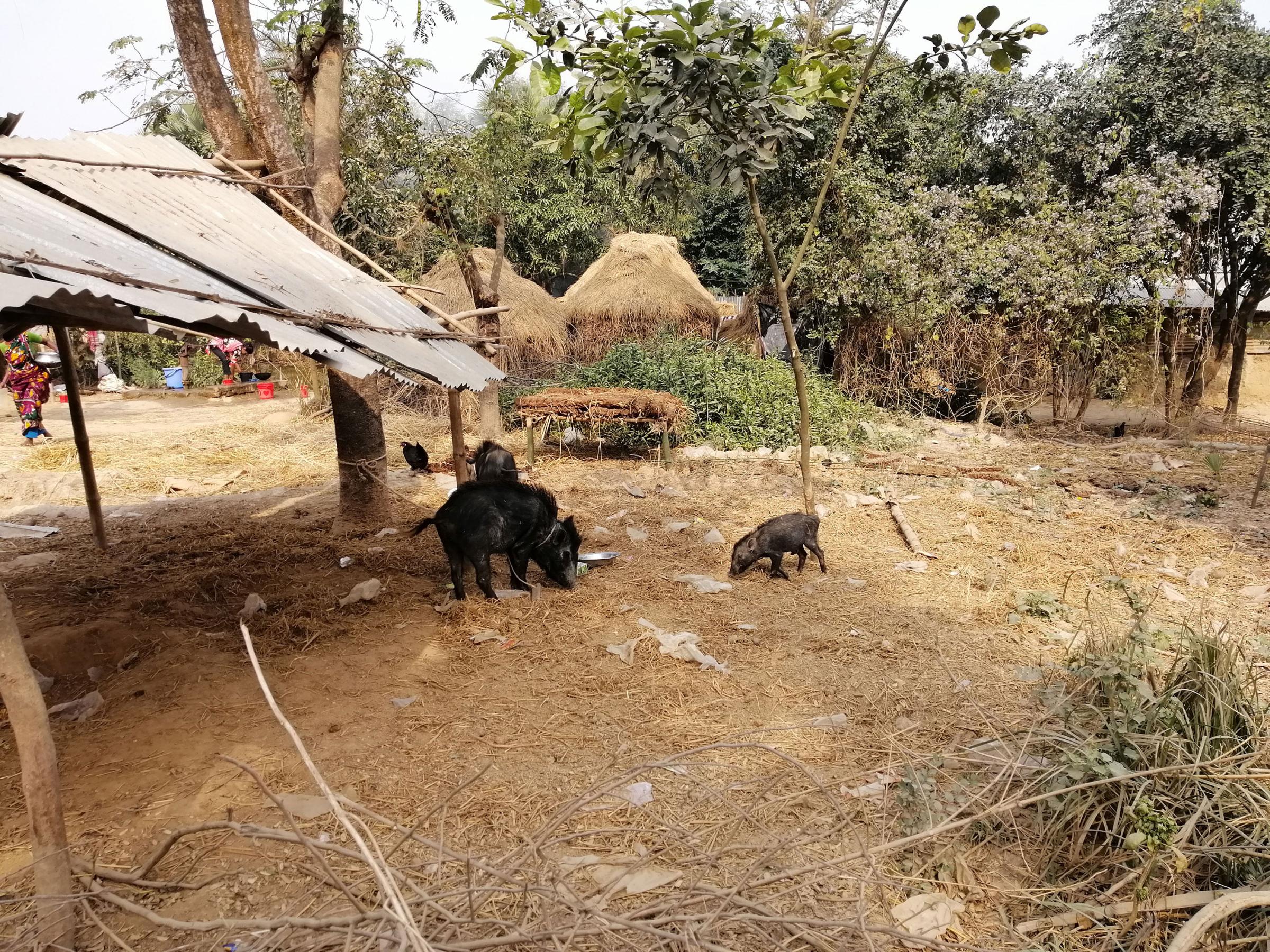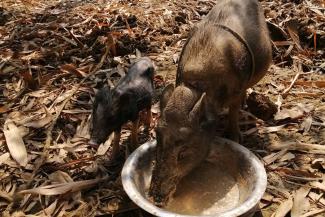Scientists at The Pirbright Institute have taken a major step forward in tackling one of the world’s most dangerous viruses, the Nipah virus, by evaluating vaccine candidates for pigs.
The Nipah virus is zoonotic, meaning it can be transmitted from animals to humans. Originating in Old World fruit bats, the virus primarily affects pigs and humans.
The virus was first identified during a major outbreak in 1998-99 in Malaysia which led to the culling of nearly half the country's pig population and resulted in significant economic losses.
Since then, the virus has continued to cause outbreaks in South and Southeast Asia, particularly in Bangladesh and India, where human-to-human transmission and consumption of contaminated food, such as date palm sap, have led to high fatality rates.
Infected people can develop encephalitis (swelling of the brain) as well as respiratory problems. The disease often begins with flu-like symptoms but can rapidly progress to coma and death. Currently, there are no licensed vaccines or treatment for use in pigs or humans, yet the virus poses a major threat to public and animal health.
Nipah is designated a priority disease by the World Health Organization (WHO) and a priority pathogen by the UK Health Security Agency, meaning research and development is urgently needed.



